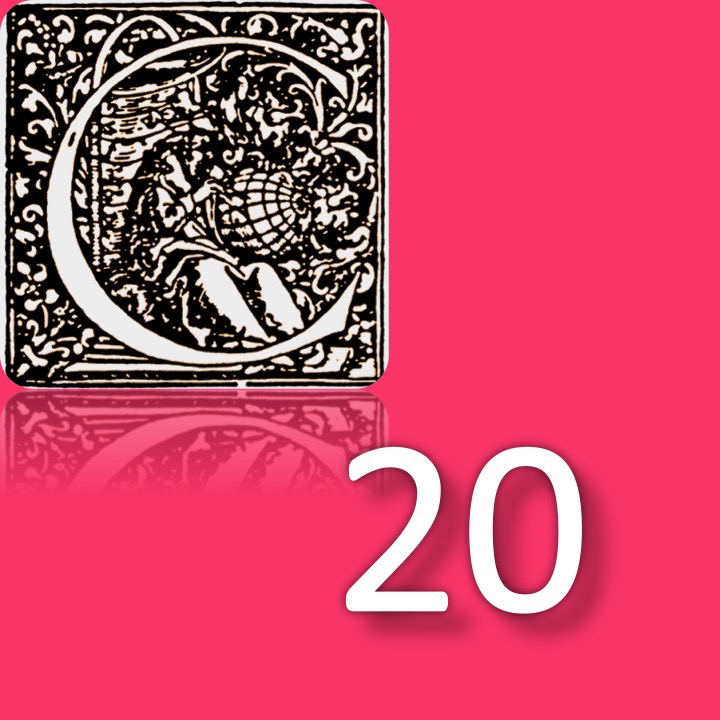Evolutionist conception in the series La lucha por la vida [The struggle for life] from anarchist journal Estudios (1936)
DOI:
https://doi.org/10.23925/1980-7651.2017v20;p1-17Keywords:
Josep Renau, Journal Estudios, Conceptions on evolutionismAbstract
The present study intends to analyze some imagistic strategies used to formulate a conception of science and technology in the anarchist journal Estudios, published in Valencia, Spain, from 1928 to 1937. This journal was the most successful anarchist editorial experience of the period, and encompassed topics as disparate and controversial as: naturalist medicine, sex education, neo-Malthusianism, scientific and technological divulgation, eugenics, pacifism, anticlericalism, feminism, literature and arts, among others. For Javier Navarro, this editorial line was in accordance with an anti-dogmatic eclecticism, the libertarian tradition of autodidacticism and the intention to disseminate and establish an emancipatory culture that would lead to a possibility of a society alternative to capitalism. In this regard, the journal, according to Xavier Diez, continued and gave new meanings to the anarchist tradition of reverence of science and technical progress, especially in biology. We briefly describe some of the main sections of the journal and its graphic design, especially for the phase in which graphic artists Manuel Moleón and Josep Renau collaborated, from 1931 onwards. We gave greater emphasis to the analysis of La lucha por la vida [The struggle for life] series, published from February through September 1936, within the context of the Spanish Civil War, in which evolutionary theory was summarized in short texts, illustrated by Renau and which occupied one full page. We discuss how the relationship between text and image constituted different layers of meaning on evolutionism in its imbrication with human development via science, technique, philosophy and art.


.png)
